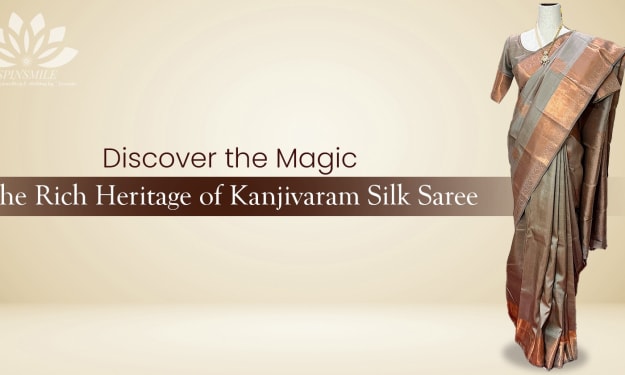
A Monologue is a lengthy speech delivered by a single character in a play, movie, or any form of dramatic performance. Monologues are often used to convey a character's thoughts, emotions, or experiences to the audience.
Expressing Inner Thoughts.
Monologues are a dramatic device that allows characters to speak directly to the audience or to themselves, revealing their innermost thoughts and feelings. This provides the audience with insights into the character's mind that may not be evident through dialogue with other characters.
Example: In Shakespeare's "Othello," Iago delivers a soliloquy where he reveals his villainous plans to manipulate Othello. This soliloquy gives the audience a glimpse into his deceitful intentions.
Sharing Emotional Journeys.
Monologues are often used to convey a character's emotional journey throughout a play or film. They can express moments of happiness, despair, anger, love, or introspection, allowing the audience to connect with the character on a deeper level.
Example: In Tennessee Williams' "A Streetcar Named Desire," Blanche DuBois delivers a monologue about her past traumas, revealing the emotional scars that haunt her and contributing to her complex characterization.
Providing Context and Exposition.
Monologues can be used to provide essential context or exposition, helping the audience understand the plot, setting, or historical background of the story.
Example: In "The Great Gatsby" by F. Scott Fitzgerald, the character Nick Carraway delivers a monologue at the beginning of the novel, introducing the setting and characters of the story while reflecting on his own experiences.
Reflecting on Key Themes.
Monologues can serve as a platform for characters to reflect on central themes of the work, such as love, ambition, morality, or the human condition. They often offer philosophical or introspective insights.
Example: In Arthur Miller's "The Crucible," John Proctor delivers a monologue where he wrestles with his own moral choices and the consequences of his actions, exploring themes of integrity and guilt.
Building Character Complexity.
Monologues are a tool for character development, allowing characters to evolve and reveal layers of complexity. They can demonstrate growth, transformation, or internal conflicts. Shakespeare's "Hamlet" - Hamlet's "To be or not to be" soliloquy:
"To be or not to be, that is the question: Whether 'tis nobler in the mind to suffer The slings and arrows of outrageous fortune, Or to take arms against a sea of troubles And, by opposing, end them."
In this famous monologue, Hamlet contemplates the nature of existence and the idea of taking action in the face of life's challenges.
Shakespeare's "Macbeth" - Macbeth's "Tomorrow, and tomorrow, and tomorrow" soliloquy:
"Tomorrow, and tomorrow, and tomorrow, Creeps in this petty pace from day to day, To the last syllable of recorded time, And all our yesterdays have lighted fools The way to dusty death."
Macbeth's soliloquy reflects his despair and nihilistic outlook as he grapples with the consequences of his actions.
Arthur Miller's "Death of a Salesman" - Willy Loman's "I am not a dime a dozen!":
• "I am not a dime a dozen! I am Willy Loman, and you are Biff Loman!"
Willy Loman's monologue in this classic American play showcases his desperation and desire for recognition and validation.
William Shakespeare's "Romeo and Juliet" - Juliet's "O, happy dagger" monologue:
"O, happy dagger! This is thy sheath: there rust, and let me die."
Juliet's monologue is a poignant expression of her love for Romeo and her decision to take her own life in the tragic conclusion of the play.
Alec Baldwin's monologue from the film "Glengarry Glen Ross" (1992):
"A-B-C. A-Always, B-Be, C-Closing. Always be closing, always be closing."
In this memorable monologue, Alec Baldwin's character delivers a high-pressure sales speech to motivate a group of real estate salesmen.
Monologues are powerful tools in drama and literature, allowing characters to reveal their inner thoughts, conflicts, and emotions while engaging the audience in their journey. They are a staple of theatrical storytelling and can be found in a wide range of genres and styles.
#MonologueMastery#SoloSpeech#EmotionalMonologue#DramaticSoliloquy#CharacterMonologue#TheatricalExpression#MonologuePerformance#MonologueMoments#InnerThoughts#ActorsVoice#PowerfulSpeech#ScriptedSolitude#StageConfession#MonologueMagic#ExpressiveActing#HeartfeltMonologue#CharacterRevelation#MonologueArtistry#StorytellingVoice#MonologueChallenge
(Open AI, 2023)
About the Creator
Tifuh Awah
Welcome to my corner of Vocal! I belief that words have the power to inspire, connect, and change the world. Here, I make sense of the world and share my view. Please, support me Let's take on a literary journey to transform and heal.
Enjoyed the story? Support the Creator.
Subscribe for free to receive all their stories in your feed. You could also pledge your support or give them a one-off tip, letting them know you appreciate their work.





Comments
There are no comments for this story
Be the first to respond and start the conversation.